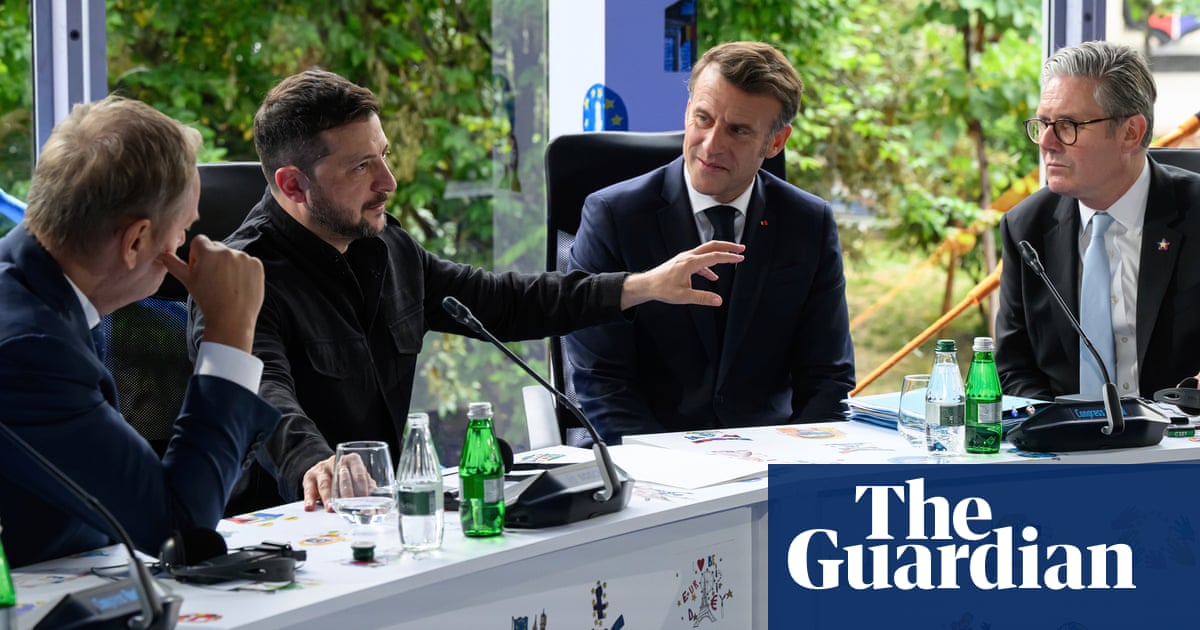Ukraine Seeks Stronger Support After Stalled Ceasefire Talks with Russia










2025-05-17T02:08:00Z

Ukraine is intensifying its diplomatic efforts to garner support from Western allies after the first direct talks between Kyiv and Moscow in over three years failed to yield a ceasefire agreement. The discussions, held at an Istanbul palace under pressure from US President Donald Trump, lasted less than two hours and ended with Russia proposing conditions that a Ukrainian source characterized as “non-starters.”
Both nations did reach an agreement to exchange 1,000 prisoners of war each, marking what would be the largest exchange of its kind to date. However, Ukraine is now urging Western nations to impose stricter sanctions against Russia unless it agrees to a 30-day ceasefire proposed by Trump. In light of the outcome, Kyiv quickly mobilized its allies for tougher action to hold Russia accountable for its aggression.
Ukrainian President Volodymyr Zelenskyy promptly engaged in discussions following the talks, speaking on the phone with leaders from the UK, France, Germany, and Poland, as reported by his spokesperson, although no specific details were provided about the conversations. A source within Ukraine’s delegation relayed to Reuters that Russia's demands were “detached from reality,” significantly exceeding what had been previously discussed. The Kremlin had issued ultimatums demanding that Ukraine withdraw from parts of its territory as a precondition for any ceasefire, which the Ukrainian source described as “non-constructive.”
British Prime Minister Keir Starmer voiced his disapproval of Russia's stance, calling it “clearly unacceptable.” He emphasized that leaders from Europe, Ukraine, and the United States were closely aligning their responses to the ongoing crisis. Ursula von der Leyen, President of the European Commission, also indicated that the EU is preparing a new package of sanctions against Moscow. Zelenskyy reiterated that Ukraine's foremost priority is to achieve “a full, unconditional and honest ceasefire” to halt the violence and establish a foundation for future diplomatic negotiations.
Despite the Istanbul meeting failing to make significant progress towards resolving the conflict, analysts suggest it serves as a symbolic win for Russian President Vladimir Putin. He has yet to agree to the 30-day ceasefire that Ukraine and its European allies have insisted upon as a condition for further talks.
On the ground, Russia reported on Friday that it had captured another village as part of its ongoing, albeit slow, advance in eastern Ukraine. Just moments before the Istanbul meeting began, Ukrainian media outlets reported a state of air alert in the city of Dnipro, accompanied by sounds of explosions.
In related military developments, Russia has appointed Colonel General Andrei Mordvichev, known as “General Breakthrough” for his significant contributions in key battles, as the new head of its land forces. The state newspaper Rossiiskaya Gazeta reported on this development, noting that Mordvichev was awarded the title of Hero of Russia last year for successfully leading operations that culminated in the surrender of Ukrainian troops at the Azovstal steelworks during the siege of Mariupol. His appointment comes as a part of a military reshuffling, replacing Army General Oleg Salyukov, whose departure was formalized in a decree signed by Putin on Thursday.
In a related note, the former U.S. ambassador to Ukraine, Bridget Brink, has publicly stated her reasons for resigning from her post, citing fundamental disagreements with Donald Trump’s foreign policy. In an op-ed published in the Detroit Free Press, Brink criticized Trump for directing pressure towards Ukraine, the victim, instead of focusing on Russia, the aggressor. She underscored that “peace at any price is not peace at all – it is appeasement,” highlighting the critical need for a balanced approach to foreign policy that holds aggressors accountable while supporting victims of aggression.
 Lars Andersen
Lars Andersen
Source of the news: The Guardian